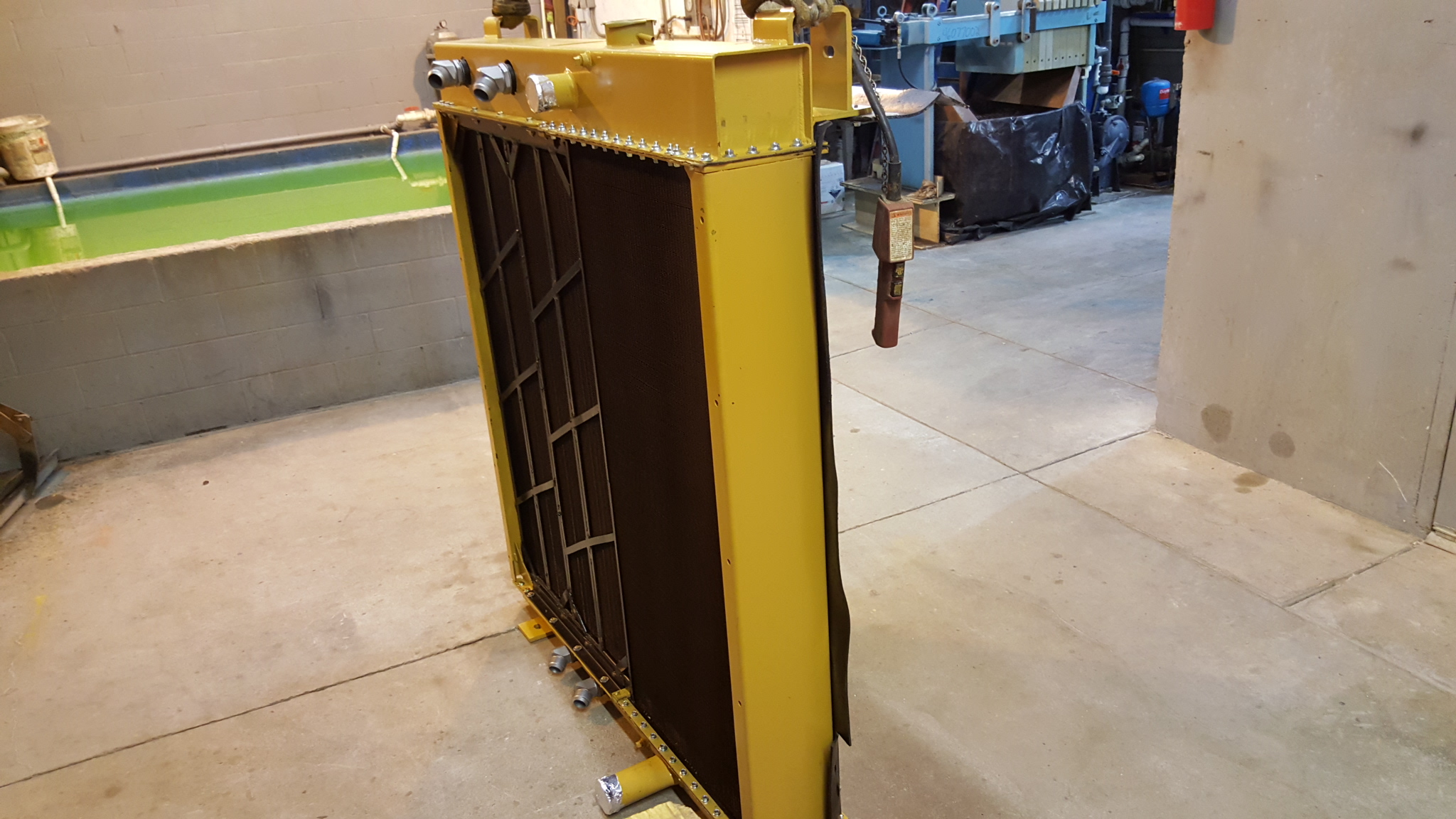Engine Oil Coolers Fundamentals: Boosting Performance and Safeguarding Your Engine
In the sphere of automobile efficiency, the importance of engine health cannot be ignored. One of the crucial components that plays a significant part in upholding that health is the oil cooler. Frequently ignored, the oil cooler is critical for managing the heat level of motor oil, ensuring it remains at an ideal level for efficiency and lifespan.
As engines work harder, especially in performance-oriented or heavy-duty applications, they produce more heat. This is where an oil cooler is needed, providing a vital role in dispersing heat and preventing the oil from deteriorating. By maintaining the engine oil cooler, these systems enhance performance, protect engine components from degradation, and enhance overall reliability. Comprehending the importance of oil coolers can help car owners and aficionados take informed decisions about their vehicle care and improvements.
Grasping Oil Coolers
An oil cooler is a crucial element in automotive engines, playing a important role in maintaining optimal oil temperatures. By regulating these temperatures, oil coolers aid ensure that the engine operates smoothly and efficiently. When oil temperatures rise too high, it can lead to lowered lubrication properties, greater wear on engine components, and potential engine failure.
Oil coolers work by shifting heat from the engine oil to the air or coolant, according to the design. This process boosts the engine's performance by maintaining the oil at a steady temperature, which is essential for maintaining proper viscosity. Engines that work harder, such as those in sports cars or vehicles used for towing, benefit significantly from further cooling provided by oil coolers, as they frequently produce more heat during operation.
In addition to performance enhancement, oil coolers contribute to the lifespan of an engine. By stopping overheating and maintaining stable oil conditions, they reduce the risk of breakdowns and extend the life of the engine. Therefore, spending in a high-quality oil cooler can be a smart decision for any car owner wanting to improve their vehicle's performance and protect their engine in the long run.
Advantages of Oil Cooling

One of the main advantages of oil coolers is their ability to maintain ideal oil temperatures during engine operation. As holden barina oil cooler , friction and combustion generate heat, which can raise the temperature of the engine oil. An oil cooler helps remove this heat, ensuring that the oil remains within a safe operating range. Lower oil can improve the effectiveness of lubrication, reducing wear and tear on engine components, which ultimately improves the longevity and reliability of the engine.
Another notable advantage of an oil cooler is better overall performance. When an engine operates at lower temperatures, it can achieve higher efficiency and power. This is especially important for high-performance vehicles or those used for hauling, where the engines are subjected to greater stress and heat generation. By using an oil cooler, drivers can experience enhanced throttle response and a more stable power output, making for a more pleasant driving experience.
Additionally, having an oil cooler can help reduce the risk of oil breakdown. High temperatures can lead to the degradation of oil properties, reducing its ability to protect engine components. This breakdown can result in the formation of sludge and deposits, which can block oil passages and filters. By integrating an oil cooler into the engine system, the oil remains fresher and more effective for a longer period, which can lead to less frequent oil changes and reduced maintenance costs over time.
Placement and Care Advice
Accurate installation of an oil cooler is essential for optimal performance and longevity. Begin by selecting a fitting location where airflow can adequately cool the unit. Ensure that all connections are firm and without leaks, using premium hoses and clamps to prevent any oil leaks. It is also important to follow the manufacturer's recommendations for mounting, as incorrect installation can lead to overheating or inefficient cooling.
Regular maintenance keeps the oil cooler functioning properly. Check the cooler for any signs of harm or corrosion, especially if the vehicle has been exposed to severe conditions. Clean the outside of the cooler from time to time to get rid of dirt and debris that can hinder airflow. Additionally, check the hoses for damage and replace them as needed to avoid leaks that could lead to engine overheating.
Consider keeping track of the oil temperature frequently to ensure the cooler is operating effectively. Installing an oil temperature gauge can aid you track performance and catch any potential issues early. If you notice that the oil temperature exceeds the expected operating range, it may be a signal to check or swap out the oil cooler and associated components. Taking these premptive steps will enhance your engine's performance and durability.